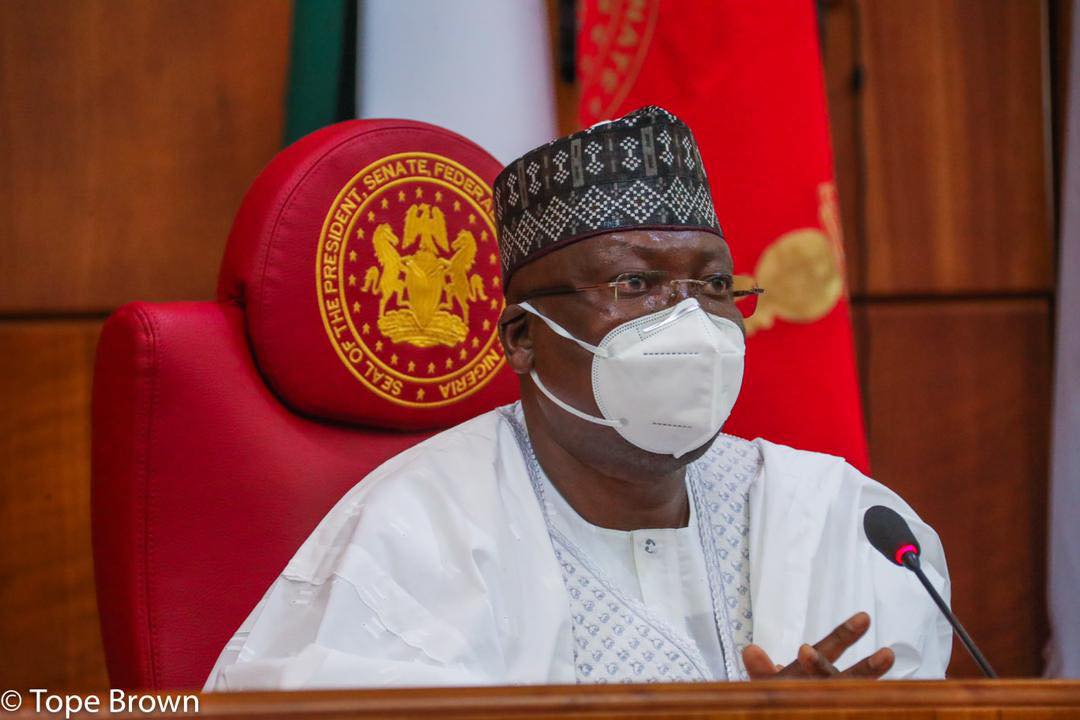ABUJA, NIGERIA – The Nigerian Senate Public Accounts Committee has raised concerns over the failure of the State House and 557 Ministries, Departments, and Agencies (MDAs) to account for N969 billion “intangible assets” in the 2019 budget.
This information came to light in the 2019 Annual Report of the Auditor-General of the Federation, which is currently being scrutinized by the Senate panel.
Senator Ibrahim Hadeija, the committee’s vice-chairman, expressed his dismay at the colossal amount classified as intangible assets in the 2019 budget as indicated in the auditor-general’s report.
The report stated, “Audit observed from a review of notes 36 and 36A (Intangible Asset) to the FGN’s Consolidated Financial Statement that the sum of N969 Billion was categorised under Notes 36A as Intangible Assets without a schedule showing the classification/nature of the intangible assets contrary to the provision of the International Public Sector Accounting Standard) 31.”
The report further noted that there was no disclosure to enable the audit to confirm which of the intangible assets had finite and infinite life, making it impossible to determine whether amortization should be or not.
In response to these findings, Shuaibu Sikiru, the representative of the Accountant-General of the Federation, assured that the template would be redesigned to accommodate the observation in subsequent years.
The agencies in question include the State House, Bureau of Public Enterprises, Bureau of Public Procurement, National Population Commission, Federal College of Forestry in Ibadan and Jos, National Orientation Agency, Bureau of Public Service Reforms, Nigeria Police Academy in Wudili, and several others.
On April 3, 2023, it was reported that the National Assembly had passed the Federal Audit Service Bill the previous week, which prescribes a five-year jail term or a fine of N5 million, or both, for accounting officers who prevent the Auditor-General’s office from accessing their account books.
Matthew Urhoghide, the chairman of the Senate public accounts committee, told journalists that the proposed legislation aims to strengthen the office of the Auditor-General for the Federation.
He emphasised that the office is responsible for checking systemic corruption in Nigeria by auditing the expenditures of government ministries, departments, and agencies, as provided for by Section 85 of the constitution.







